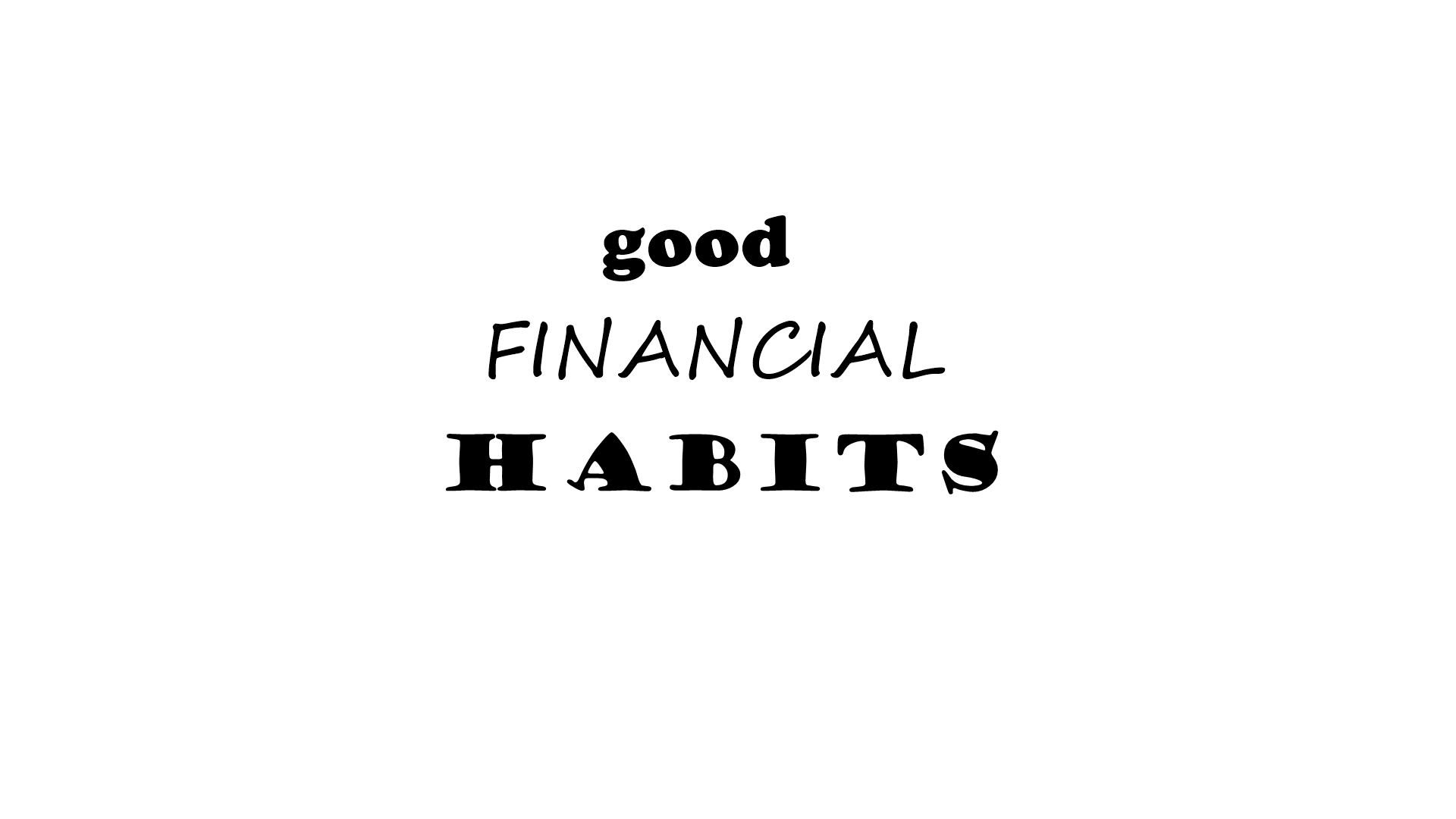The power of good habits in the world of finance is often ignored or not given its due importance as a force which can help in long term wealth creation. Investors predominantly tend to focus on the technical aspects of finance, current market trends, trying to decode what the experts are saying on news channels, etc. Adopting good financial habits alone is a sufficient condition for a lay investor to secure his or her financial future.
The habit of paying yourself first. This is a concept wherein whatever one earns on a monthly basis, one must save a little amount i.e. paying himself / herself before one pays everybody else- like the landlord, maids, household bills, entertainment etc. This simple act of saving over a period of time has the power to create a corpus big enough to sustain oneself during retirement years.
The habit of avoiding debt traps. This suggests that one should live within one’s means and any purchases should not be financed though debt in a manner which can threaten one’s financial well-being in the future. An important point to note here is the rate of interest at which the loan is undertaken and the quantum of loan itself. A corollary of this habit is the habit of retiring existing debt every month.
Some debts like home loans are unavoidable, as it is also an emotional decision. However, one must have a strategy to retire some amount of debt over and above what is required at least on an annual basis. This maybe achieved through using one’s annual bonus for example. In a low interest rate environment, it may be tempting to take on more debt but as the cycle turns, the debt may become unmanageable.
The habit of not keeping all your eggs in one basket. The technical term for this age old wisdom is called diversification. This means that one should invest in different asset classes with a view to control risk. This also automatically ensures that an investor is not looking to maximize returns which often leads to over allocation to a particular asset class which may be the latest fad. However, I would take this a step further and diversify not only among asset classes but wherever possible, keeping in mind the associated expenses and taxes. For example, if you are looking at equities, then look to diversify between different styles, market cap etc. A blended portfolio which has a mix of all these strategies can also be looked at for the core allocation.
The habit of curtailing impulse purchases. By this I am not suggesting we all live a very frugal lifestyle. To understand this correctly, reflect on your own income and lifestyle change over the years. Our expenses would have grown almost magically to match our income over the years, leaving us with a low savings rate despite rising incomes.
This happens chiefly because we confuse necessary expenses with our desires. This is a very difficult habit to form and maintain as there is a lot of peer pressure and we benchmark our selves to society at large, but this habit has the maximum scope and potential to offer financial freedom.
The habit of right company. For support in life, you rely on your family more than others, because they understand you better than any one else. So, in a way, they are your emotional experts… Likewise, for every aspect of life we need true experts.
The benefit of surrounding yourself with experts who can give financial advice in a transparent and competent manner cannot be over-emphasized. This may look like an unnecessary expenditure when the going is good, but just like family, the true value of an expert is revealed during life’s down periods.
It is equally important to enjoy life, indulge once in a while, be flexible about your plans and be open to ideas. A blend of healthy mind and body is the biggest wealth creator in itself.
Extracted from an article by Ajit Menon, CEO, PGIM India Mutual Fund.


